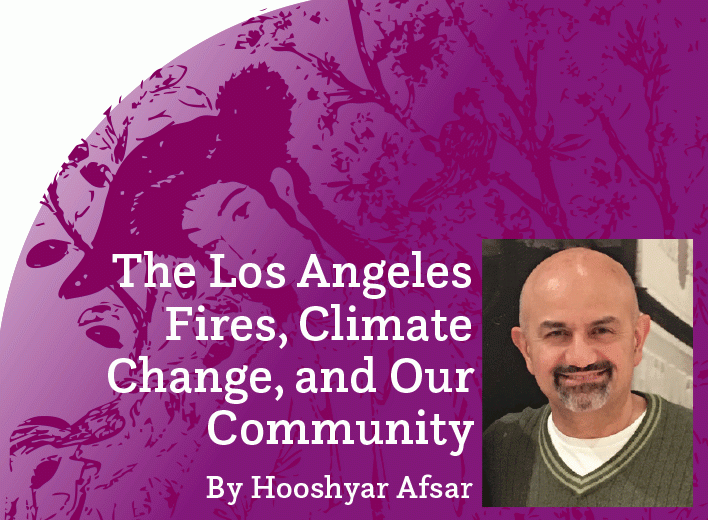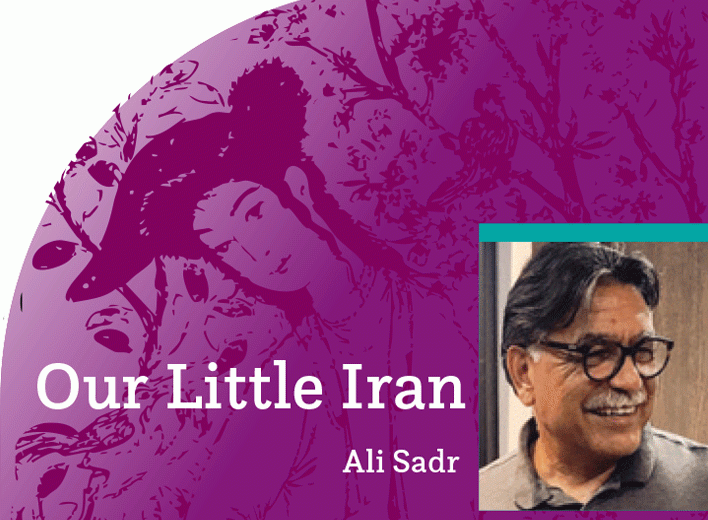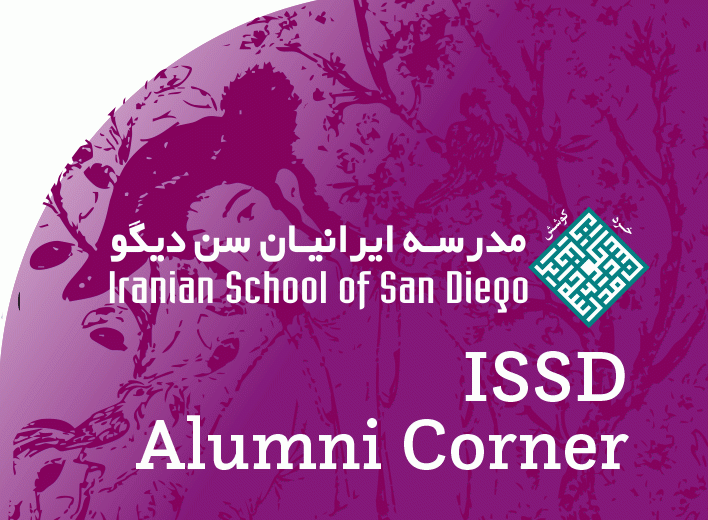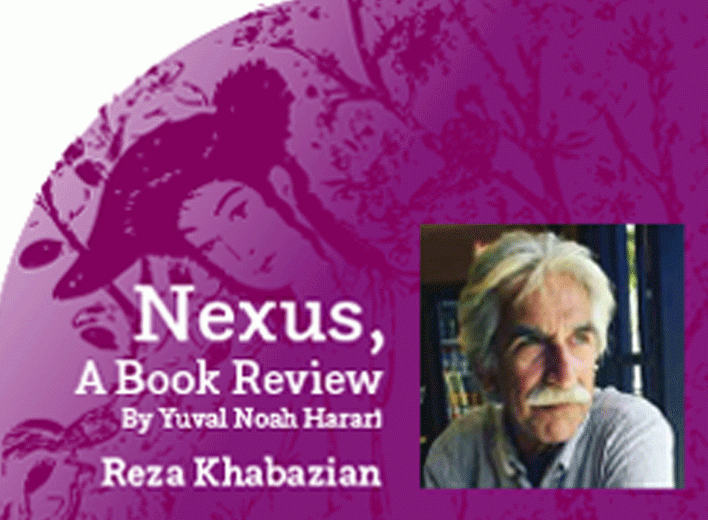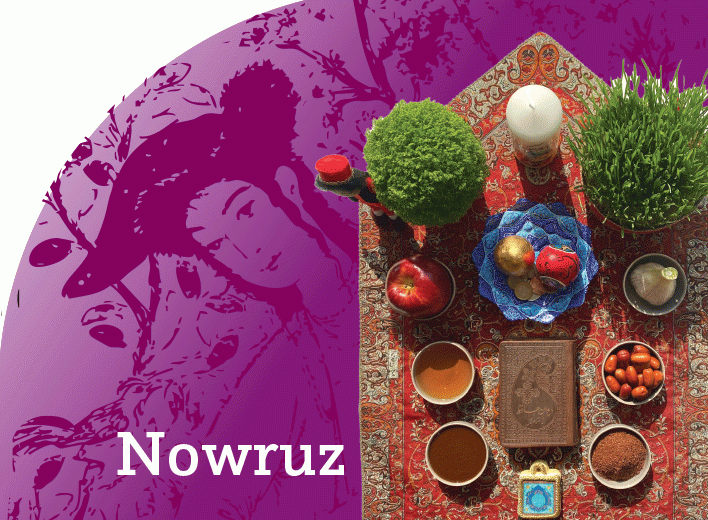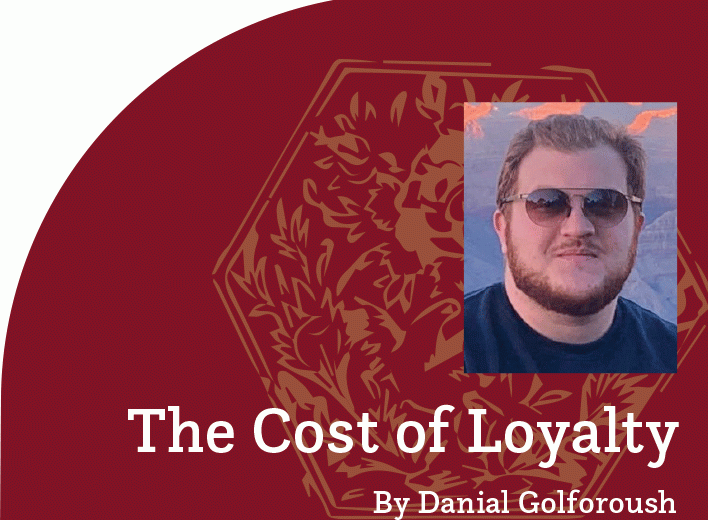A Modern-Day Pilgrim From the Land of No
By Roya Hakakain
The event that marked every November of my childhood in Iran was the anniversary of the seizure of the U.S. embassy in Tehran. On the fourth of the month, school officials would summon us to dutifully cheer “Death to America.” Now, on the fourth Thursday of every November, I sit, within an hour’s drive from Plymouth Rock, at a meal to give thanks to the very country I was forced to denounce as a child—a modern-day pilgrim always contemplating my complex past.

An immigrant usually makes two kinds of journeys. The first is a physical one, a moment when the border is crossed, the boat arrives, the plane lands. But it is possible to make the crossing, yet never truly live in the new country, because one’s thoughts remain bound with all that is left behind. Everyone, including the immigrant herself, mistakes this arrival for the true arrival, which comes when she, despite still grieving the past losses, begins to discover the quotidian virtues of living here—the things that are mostly indiscernible by native-born Americans.
My physical arrival came some 30 years ago, at age 19. But my real arrival happened incrementally, over decades, with every encounter that pitted an aspect of my new life against that of the old.
Once, a boy I was dating in college grabbed my hand on a Coney Island beach. The gesture immediately struck me with fear: It was a sin in Iran for an unmarried couple to hold hands, something that the morality police closely monitored. In my panic, I withdrew my hand and looked to see who might have followed us. (Habits formed under dictatorships are, like all habits, hard to shake.) But seeing that I was where laws do not regulate one’s love life, relief washed over me. I grabbed his hand and did not let go.
In 1988, a group of anti-war Iranian expatriates gathered at the United Nations to protest against the visit of President Khamenei, now Iran’s Supreme Leader, to the U.N. General Assembly. The police, who only ever showed up to quash protests in my former homeland, stood by till all of us voluntarily and peacefully dispersed. It was a lesson for all of us in how the civil liberties we dreamed of worked in reality.
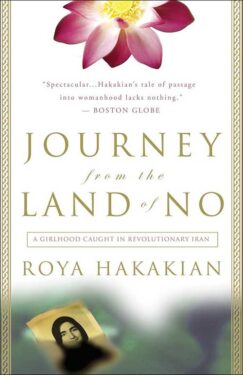
Years later, after the publication of my memoir, an interviewer asked if I hoped the book could become a bestseller. I sat in silence for a few moments taking in the magnitude of the distance I had come: my greatest literary dream had been to simply write what I truly thought without being arrested, imprisoned, or executed.
Jetlag, as it turns out, is more than a physical state. Those who have been displaced, especially from authoritarianism to Americanism, often experience similarly disorienting symptoms upon watching a car pass by with music blaring from its open windows. Or seeing a group of girls dancing in public. Or watching a couple kiss—kiss!—in a park. Or wearing a miniskirt or a sleeveless shirt. Or not covering one’s hair in public. Or covering the hair in public only to find that one’s choice of clothing is of no consequence to anyone.
This can be more bewildering to someone who has fled a joyless, theocratic state than trying to navigate the bureaucracy of applying for a social security card in a language not your own. More dizzying yet is to log onto the internet to find that no site is filtered. Or that every formerly banned book is only a mouse click away. Or that one is not required to hang a portrait of the “leader” in one’s office or store or place of worship. Or that there are no uniformed men on street corners to inspect the contents of the pedestrians’ bags just because they feel like doing so.
The disorientation ultimately subsides. In its stead comes the growing recognition of having come into a coveted inheritance.
Long ago, it was an enamored visitor, Alexis de Tocqueville, through whose perspective native born Americans discovered the merits of their own democracy. More than 200 years later, it may well be for the immigrant once again to do more than merely work the farms, staff the emergency rooms, or design America’s new machines, but to help non-immigrant Americans recognize why this democracy matters still, not only to them, but to so many around the world.
Native-born Americans seem to think of democracy as a once-every-four-year exercise, which pops up on 9×12 lawn signs in their yards before an election. But they do not see its mark upon the smooth working of the traffic, say, where every car at the intersection stops at red. They have not driven in countries where a red light is just as red and yet, no driver misses the opportunity to run it, because the social contract between a people and their government—the trust that the laws are there to protect them—simply does not exist.
At the conclusion of every school year, most American children receive a book with their photos and names in it, honoring them long before they have done anything worth committing to print. Perhaps most of their parents assume that the individuality of every child is celebrated elsewhere. But in most of the world most lives begin and end without much of a trace.
Non-immigrant Americans do not realize the beautiful design of the society that leads them toward living and planning for the future, as opposed to preoccupying them with martyrdom and the grudges of yore. In most other places, a tragedy like 9/11 would have been the occasion for a National Day of Mourning. In America, it is remembered as a National Day of Service.
America has many failings—our growing economic inequality perhaps among the gravest of them all. Such a failure is more than a mere flaw. It is an existential threat inflicted by ourselves upon our own democracy. Yet the first step to saving our democracy from this and other threats is to recognize the miracle of its existence in the first place. We cannot plot our way to a better future if we are not aware of our abundant riches, those for which countless others are fighting and dying elsewhere in the world, and for which immigrants still flock, ceaselessly, to our shores.


